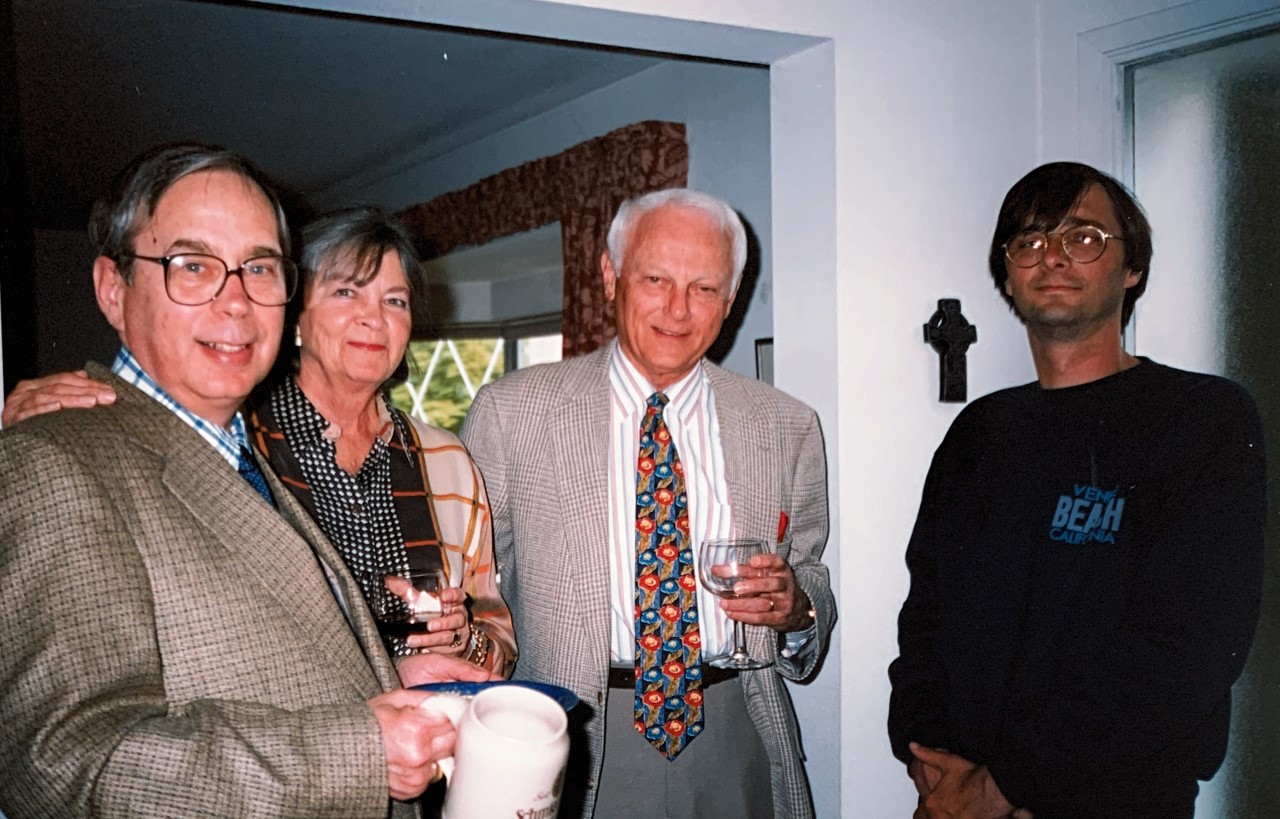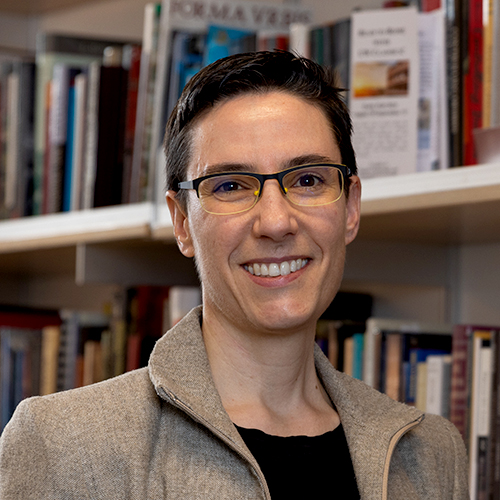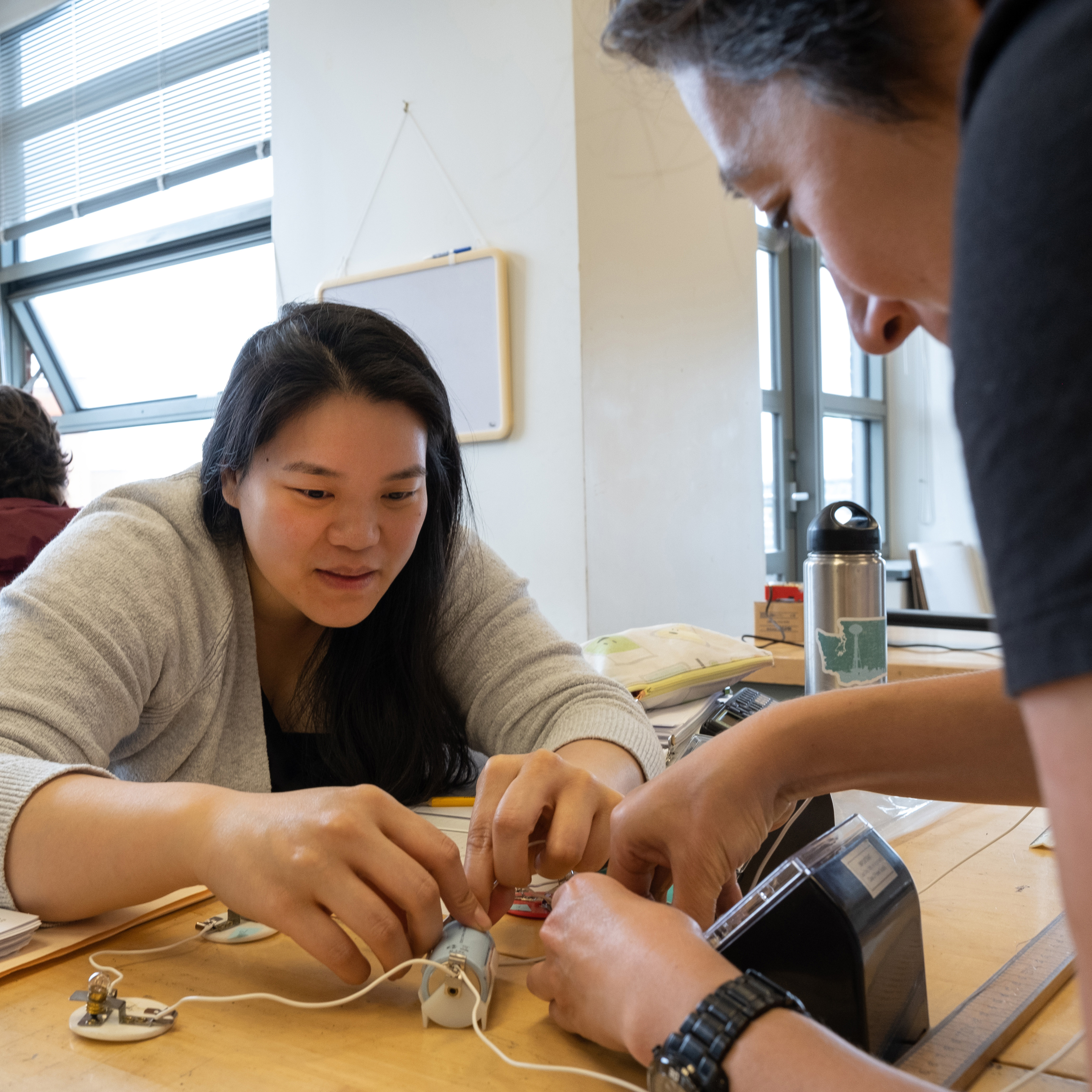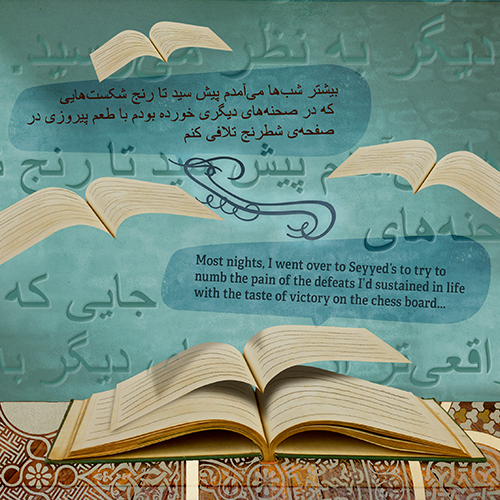
Classics Professor Dan Harmon leaves the UW Classics Department an evolving legacy to treasure.
When Dan Harmon passed away in July of 2021, the UW lost one of its champions, many lost a dear friend and colleague, and the world lost a humble scholar who became a beloved citizen wherever he went. Still, in his unassuming way, and even in death, he managed to impart a few more delightful and lasting surprises.
After finishing graduate school at Northwestern University in Illinois, Harmon joined the University of Washington's Department of Classics in 1967. He remained at the UW until his retirement in 2004. Becoming head of the department in 1976, "He assumed responsibility as chair when he had barely been promoted as associate professor," says friend and colleague Lawrence Bliquez. Not only that, but he held the post for the next 15 years.
"As a first-time chair in my second year, I can't even imagine," says current chair Deborah Kamen. "It's a difficult job and takes a lot of commitment and to do so for so long, from long-term hires to the graduate program, he really made an impact on the direction of the department."
"I became chair from 1997 to 2002," says UW Classics Professor Stephen Hinds. "It still felt like Dan's department. The value system felt very egalitarian, and Dan was a good university citizen, making sure Classics were central to any conversation about the humanities at UW. We continued that."
Increasing Access to the Ancients
In addition to his work as chair, Harmon was instrumental in founding the UW Rome Center. He co-directed it with UW Architecture Professor Katrina Deines from 1994 to 2000, doing everything from inspecting the facilities to enhancing its fledgling library to teaching the classes.
During that time, UW Classics Professor James Clauss and Harmon recognized the value of translating Filippo Coarelli's archeological guide to Rome from Italian into English. This became a long-time collaboration, much of which took place in Harmon's basement, which the two referred to as "Coarelli Central." Published in 2007, it now serves as an essential resource for tourists and scholars alike. " Non-Classicists who go to Rome are discovering this book,” says Clauss. “They can not only understand monuments like the Colosseum and sites like the Roman Forum, but also buildings under buildings that nobody knows about."
Ensuring that such information is widely accessible does the modern world a great service. "American culture in part came from Roman culture for better or worse," says Clauss. "When we study the city of Rome from history to architecture, we're really studying ourselves."
As a window into an entire ecosystem of the world at a particular geographical time and place, the discipline’s relevance continues. "Classical texts and culture still draw some people for the same reasons they have for millennia," says Kamen. "But the lens is also shifting. People are studying the same texts with new eyes and contextualizing them geographically and temporally in a wider ancient world that included cultural interactions between Rome and Africa, Egypt and the Greeks and Romans."
A Global Citizen, Active Scholar and Ongoing Contributor
Rooted in these evolving riches of the past, Harmon also made deep connections in the present. "He became a citizen of the town he was in," says Hinds. "He enjoyed being a Roman. He also connected to his Irish heritage and visited relatives frequently."
"When he died, I contacted the tiny town where he was from to let them know," says Clauss. "I got an email back referring to him as 'Danny.' As a person, Dan was so human in the best aspect of the word. He was empathetic. With students, he was always present and giving. When he was critical, it came from a place of reason.”
He was the kind of person who knew what mattered in life — and in death. It came as a surprise when Harmon's colleagues discovered that he'd left several generous gifts to the department. The three new funds include the Daniel P. Harmon Endowed Professorship for the Classics, the Daniel P. Harmon Endowed Lectureship, and the Bernard and Dorothy Harmon Memorial Fund — named after his parents and intended for book acquisitions.
While keeping Harmon's name and legacy alive, the gifts will strengthen the department's faculty, bring in prominent speakers from around the world, and position the department and UW Libraries to maintain and grow its excellent Classics collection. Harmon also left his impressive personal library to the department. "When we went to look at Dan's books," says Hinds, "it struck me how intensely he was keeping up on his research and interests. This was the library of an active scholar."
As a good citizen, active scholar and ongoing contributor, Harmon will be remembered. "Under Dan’s watch the department grew into a force with a remarkable PhD program,” says Kamen. “Now it is one of the strongest humanities departments at UW. We feel so lucky that he was part of the department for so long and left this amazing legacy. We are incredibly grateful."
More Stories

Lifting Marginalized Voices — from Ancient Rome
"Interesting, frustrating, and necessary,” is how Sarah Levin-Richardson, professor of Classics, describes her research into the lives of enslaved individuals in the ancient world.

High School Teachers Get Schooled in Physics
High school teachers spent four weeks at the UW Summer Institute in Physics and Physical Science to improve their understanding and teaching of physics.

A Novel Prize for Persian Translation
The Mo Habib Translation Prize is bringing the work of Persian writers — and translators of Persian — to an English-language audience.